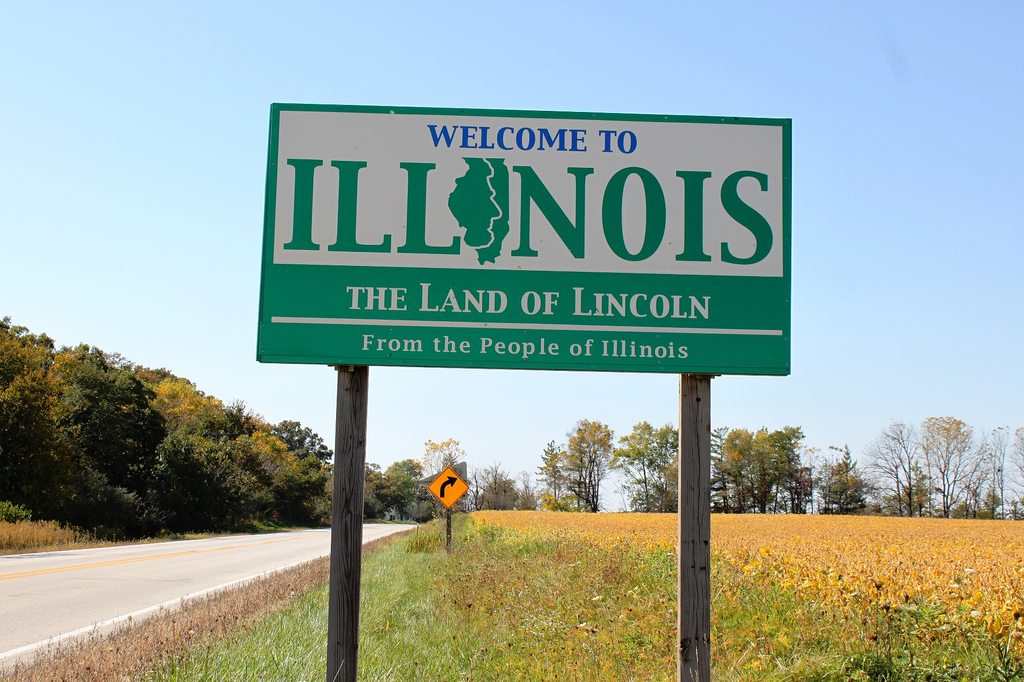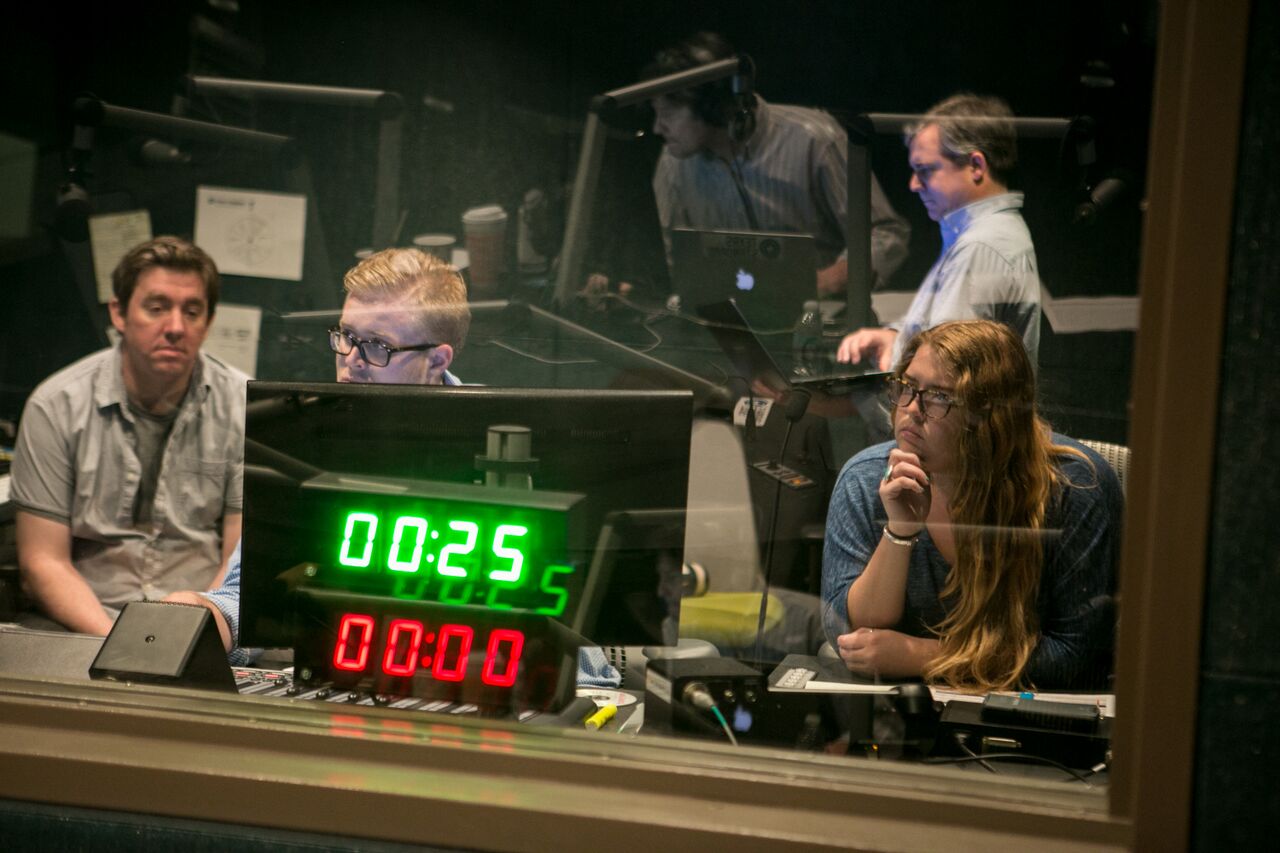Tag: Collaboration
Three Great Lakes stations form reporting partnership
The collaboration will cover health and the economic importance of the Great Lakes to the region.CPB funds Detroit Journalism Cooperative
The $659,000 grant will cover ongoing collaborative coverage of Detroit's post-bankruptcy future.Q&A: Bob Kempf on the digital “front door” for public media
Should the whole public media community unite behind one online brand?Currently Curious: Why isn’t there more collaboration between TV and radio?
We take on a reader’s question: What’s getting in the way of more collaboration in the system?California public media stations team up for 2016 election coverage
KPCC, KQED, KPBS and Capital Public Radio have formed the California Counts Collaborative.Eleven stations partner for Indiana news network
CPB is supporting the Indiana-based Regional Journalism Center with a $609,000 grant.Three Alaska stations to collaborate on energy news
This is the fourth journalism collaboration CPB has backed in the last two months.Seven Illinois stations start news collaboration
CPB will support the initiative with a $715,000 grant.WBUR and The New York Times partner on ‘Modern Love’ podcast
The idea grew out of the station's internal innovation lab.CPB supports Ohio River regional journalism collaboration
The collaboration will involve seven stations in Kentucky, Ohio and West Virginia.WMHT teams with local newspaper to tell story of heroin’s impact
A multimedia project explores the epidemic afflicting the station’s New York region.Kentucky radio stations look to expand collaboration on programming, development
“The people that will gain the most from this are our listeners.”Texas stations launch newsroom collaboration
The initiative grows out of the stations’ partnership on producing the daily newsmagazine Texas Standard.NPR plans environmental reporting project with stations
NPR is seeking about a dozen reporters from stations to contribute to the new project.NPR’s vision for collaborative news coverage holds promise, but challenges remain
As NPR and stations develop a new model, a former station-based editor offers a few suggestions.













